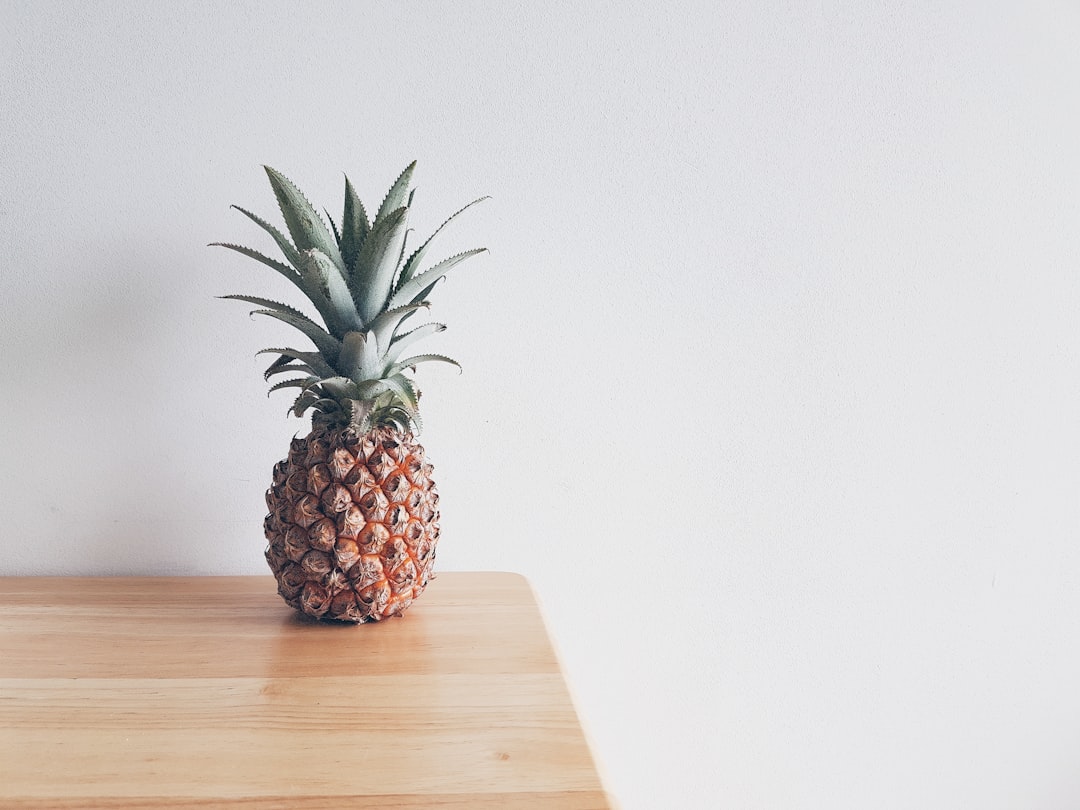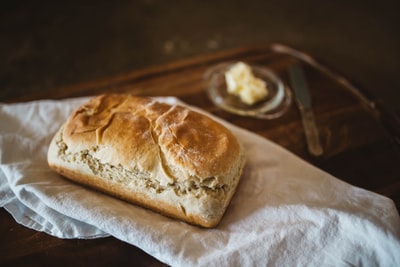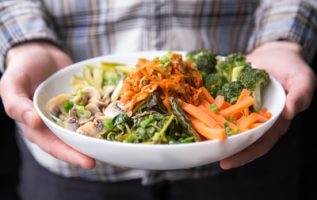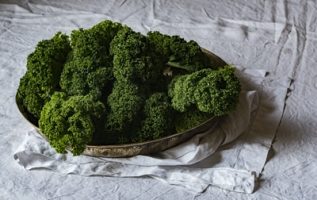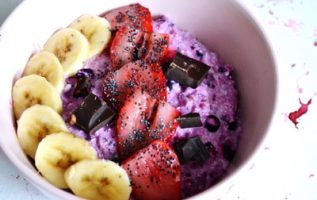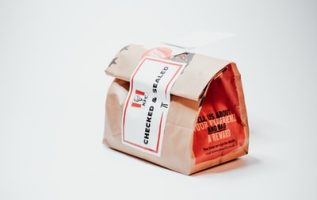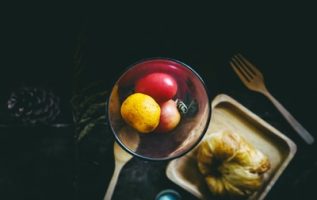Many people know that a wheat grain is comprised of two components: gluten protein and gliadin. gluten is present in all types of grain and is sometimes clearly identified on the product label. gliadin contains resistant sites that allows gluten to form robust materials which bind enzymes. Resistant sites are often found in oats and wheat but the most common sites in all of our grains are the endosperm and the germ. These are the two components in wheat that give it elasticity, and give it the three aspects that are used most commonly to produce flour: flour, meal, and bran.
Gluten and our diet
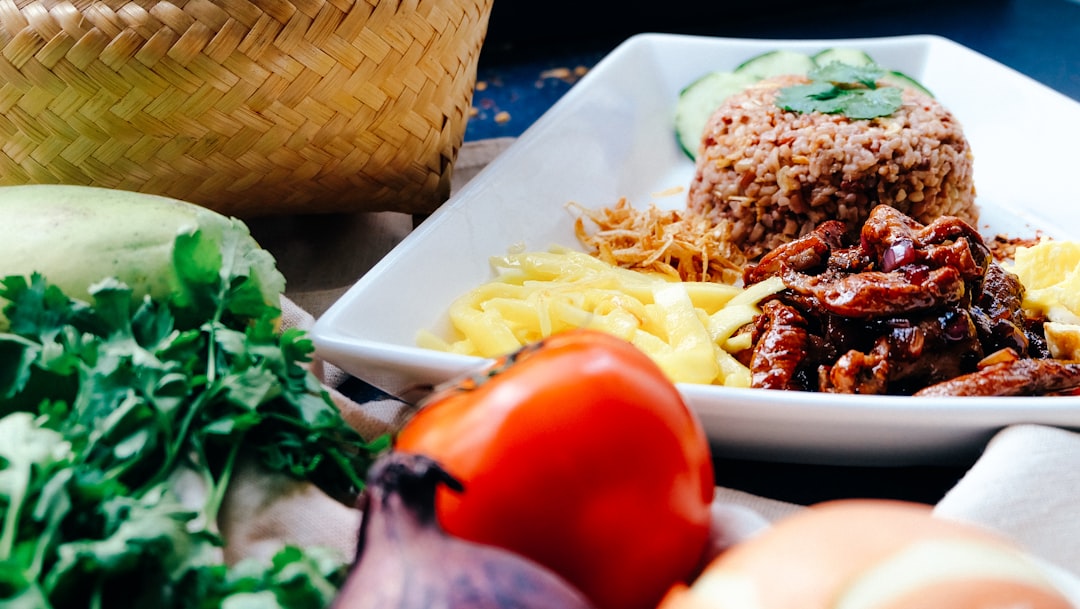
Many people think that gluten is something new and foreign to us. In truth, over the last few thousand years our human ancestors were growing in one place and eating food that was gluten-free. Our diet changed however and the ability to ferment foods quickly to release their gluten content during the process is what made our food more varied and did not contain wheat. This fermenting process also removed many of the other natural occurring nutrients in the wheat, leaving it as a nutritionally deprived food.
Gluten does not occur naturally in many grains, including wheat, barley, and oatmeal. When a grain such as these are milled or processed, much of the gluten is removed, but large quantities of nutrients such as Vitamin E and other nutrients can be lost. In fact, some commercial milling products try to replace the gluten with polyols or sugar to give the flour bulk and to stop the clumping of the flour. The nutrients are added back in by adding vitamins and minerals. The process makes the flour flat and less “greasy” as it sits in stores or in your refrigerator for long periods of time.
What happens when you combine wheat with milk and sugar?
When people drink just plain common drinking water or tea they leave the gluten in the water or liquid behind and consume the gluten in the tea or coffee. Adding some kind of sweetener however, reduces the amount of gluten available to be consumed. So, a drink like coffee or tea without gluten may be a way to reduce an intolerance to gluten without giving up the benefits of the foods themselves. Some people may need to reduce the amount of gluten in their diet by up to one third, but still consume some foods that may be beneficial to their health.
What is the best way to receive full benefits from adding a sprinkling of gluten to your diet?
Starting with the end in mind, what is the best way to receive full benefits from adding a sprinkling of gluten to your diet? For people who are only slightly sensitive to gluten, removing as little as a very trace amount of gluten may be enough to receive benefits. For a very sensitive person, it may be a matter of removing gluten from all of the growing/processing stages of the foods that they consume. After removing every single bit of gluten, in addition to other nutrients lost in processing and preparing foods, you may be able to receive the benefits of whole grains. If reducing grains and starches is not a possibility, then receiving the benefits of foods that have been “spit out” may be the best way to receive full benefits. One of my dietary unrecognized gifts is liquid mineral supplement energy. With this, all of the dietary fibers that have been filtered through the plant tissues in the process of milling are available to the body in a very high quality, easy to absorb form. These nutrients are in a “ready for deposit” state, which means that the body immediately benefits from them. For the remainder of the population that receives their dietary fiber from mostly refined and processed foods, the unutilized nutrients may spend a month or longer in the colon or liver getting ready to be released to the body. For anyone that is only slightly sensitive, due to the fact that gluten is difficult to completely eliminate, the unprocessed foods should be chosen to make up for the lost dietary fibers; hence the term “spit out”.
Aline foods
O All Fruitso All Grainso All Watero Mixed Fruitso Beans and Legumes (Nuts and Vegetables)o Sugar only (No; or Low; Not Cut-Down)o Beef (Pquire – Not Process)o Frozen Fruitso Oatmeal (entary; No;
